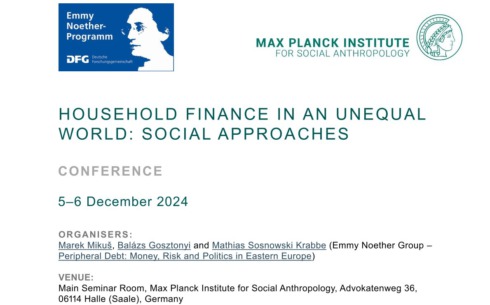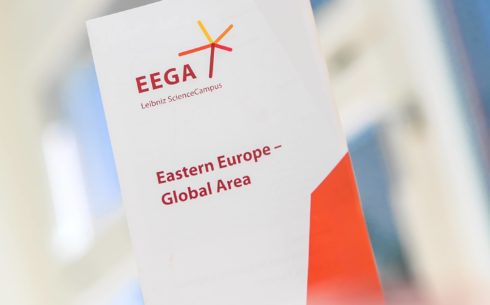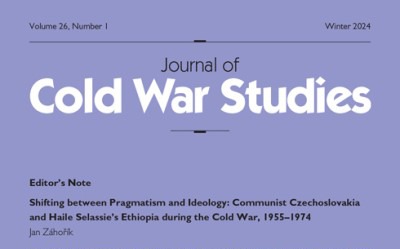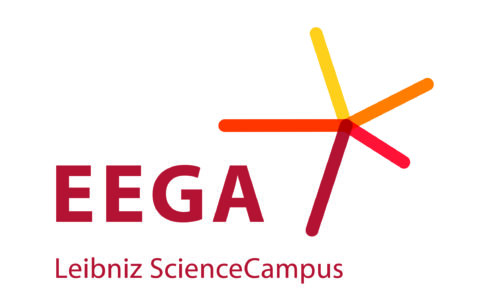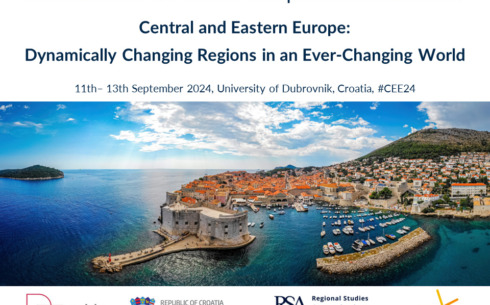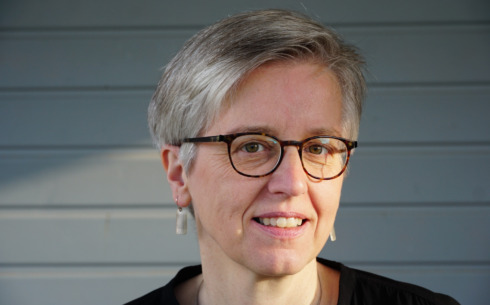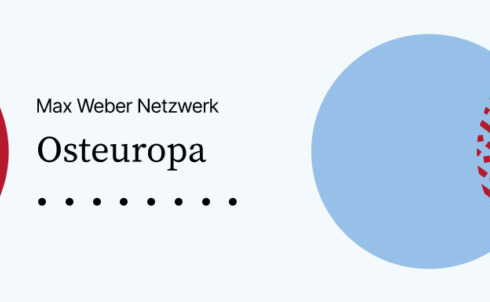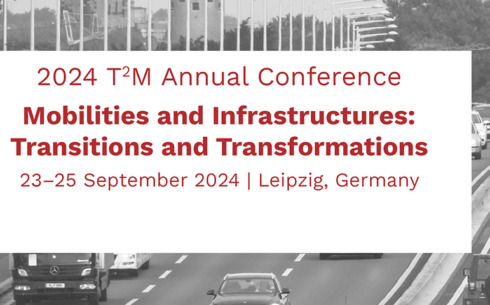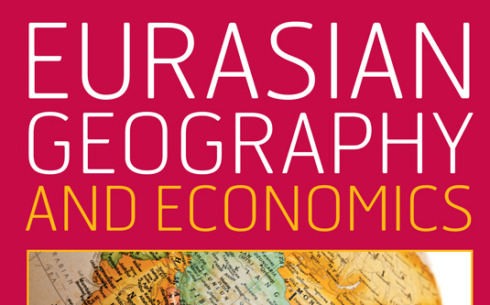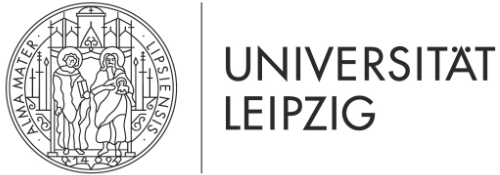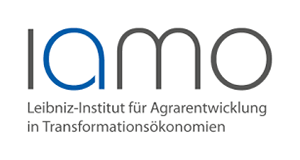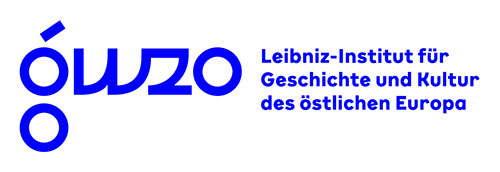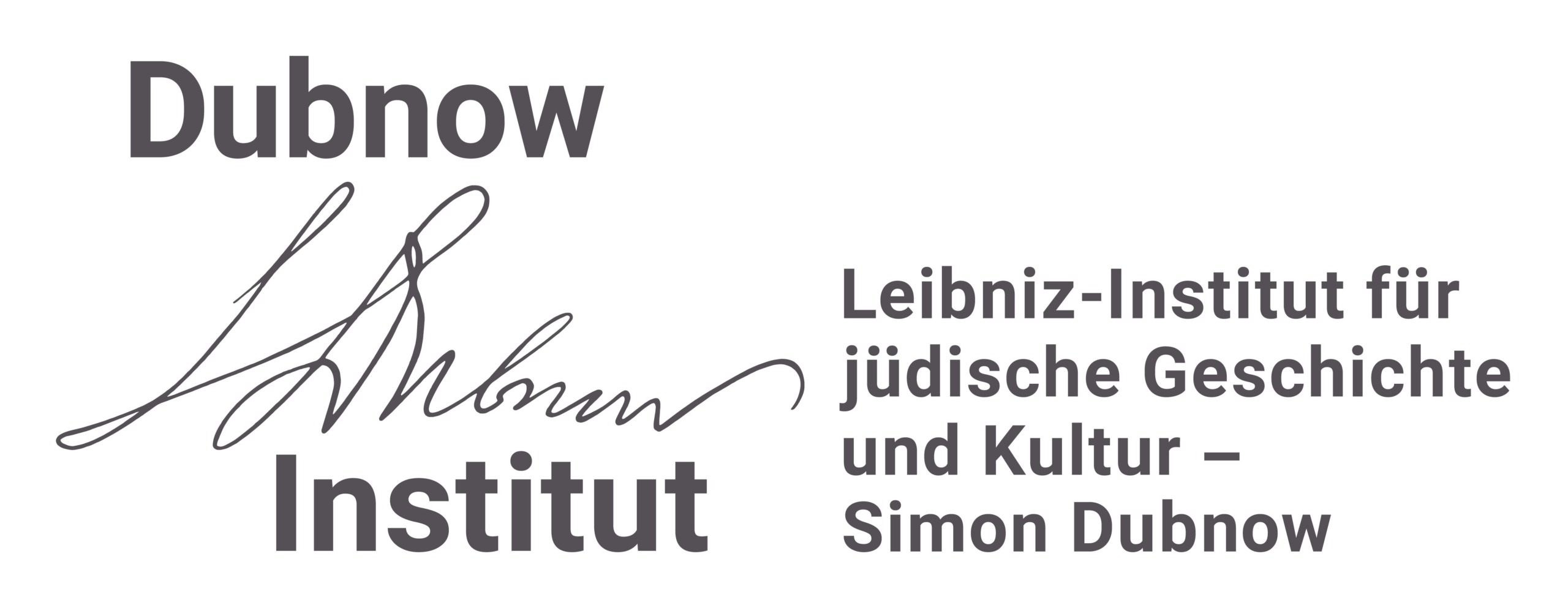08.02. “The majority does not exist“ – perspectives from the LGBT community in Belarus
For more than five months, people in Belarus have been taking to the streets to raise their voices against Alexander Lukashenko’s authoritarian system. Thousands have been arrested to date, many of them injured by the brutal actions of the police forces, and several people have died. More and more opposition members are leaving the country, and the remaining democracy movement is appealing to the international community for support. This series of talks follows the call for solidarity of the German Association for East European Studies (DGO) and invites representatives of the Belarusian civil society to share their perspectives and report on different facets and topics of the protests.
In the next talk the organisers are pleased to discuss with Vika Biran, LGBT-Activist, Project Manager and Journalist about perspectives from the LGBT community in Belarus. In 2014, together with her colleagues, Vika founded MAKEOUT.by, a project about LGBT-people in Belarus. She actively participated in the protests and spent 15 days in prison. Vika’s prison notes were published under the name “Aus Okrestina ins Berghain: ich schreibe – also existiere ich”. Vika devotes herself to projects at the interface of LGBT topics, feminism and journalism.
Date: Monday, 8th February 2021, 17.00 – 18.00 CET
Speaker
Vika Biran – LGBT Activist, Project Manager and Journalist
Moderation
Magda Włostowska – Research Assistant at the Research Centre for East European Studies at the University of Bremen / Graduate School Global and Area Studies Leipzig
Host
Anne Kluger – Research Assistant at Historical Seminar at the University of Münster/ Junge DGO
Sign up for the event with this link:
https://uni-leipzig.zoom.us/meeting/register/u5Etc-GrqT0uHNIgJcc2TbrGOObPzbDfMaeT
You can download the event flyer here.
The series of talks „Current Perspectives on the Protests in Belarus“ is a cooperation event between the Junge DGO Leipzig regional group, the History Department, the Global and European Studies Institute and the Institute for Slavic Studies at the University of Leipzig, the Leibniz Campus „Eastern Europe-Global Area“ and the Leibniz Institute for History and Culture of Eastern Europe (GWZO).
